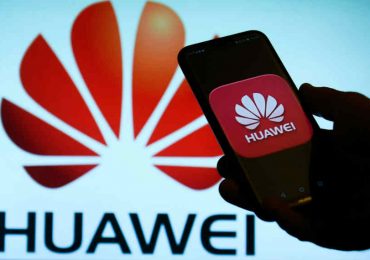
- Market survey reveals 70% of the youth segment nationwide have knowledge of and use the Internet
- Half of market study respondents perceive Internet to provide opportunities and generate more income, while 60% perceive the mobile phone as a business enabler
- Consumers expressed strong willingness to pay for better quality of voice and Internet access
A recent market study conducted by Ericsson ConsumerLab shows that Philippine consumers perceive Internet connectivity to bring business opportunities and income, and that there is strong willingness to pay for better mobile and Internet services and access.
In a country with a mobile penetration rate of around 97% based on operator data, the study also reveals that subscribers have flagged the following as areas for improvement: network accessibility, quality of coverage and service, and stability as well as speed for Internet service.
While it is primarily the youth segment (mobile consumers aged 18-25) that appears to be most familiar with the Internet and with the benefits that connectivity can bring, Vishnu Singh, Regional Head of ConsumerLab for Ericsson in the Southeast Asia and Oceania region, reveals that “from the data we have gathered in our study, it seems there is a strong demand for Internet connectivity in the Philippines, particularly for mobile broadband. 66% of non-internet users are interested in using a internet related service on a mobile phone.”
Data from mobile operators indicate that there are currently around 4.7 million broadband subscribers, or a broadband penetration rate of only 5% for a population of 94 million citizens.
Despite this low broadband penetration rate, however, the study respondents were particularly aware of the income opportunities using the Internet could bring. Singh highlighted one case study where a resident of Southern Philippines was able to earn additional income through online selling. “We’ve seen a lot of creativity in Internet users. While we see that our respondents from the survey are aware of the benefits of broadband connectivity, there is still a need to educate consumers on the positive effects of broadband access.”
On the operator side, Singh says that “based on our interviews, we believe that operators should leverage on their policy control features in their network to develop more innovative and segmented offerings – for example, to create smarter prepaid mobile broadband packages. Consumers are willing to pay more, but for different things depending on how they use broadband access and on their particular circumstances.” The study also points to video as a service that will continue to be in demand in the next few years, with 70% of the study respondents signifying that they had done video calls on their
PC in the last 12 months. “The demand will continue to grow, especially as the Philippines continue to deploy overseas workers. For their families, video calls are an important means to keep in touch. For operators, this means they need to ensure that their networks can keep up with the demand for video services.”
The study concludes that user demands are growing more sophisticated and that there is strong consumer willingness to pay for better voice and SMS services, as well as for better quality of service for Internet access. “Service providers need to have a deeper understanding of their customers’ changing demands, and to deliver on those expectations. As always, customers will impulsively react to poor experience, so the key is to solve their problems and improve the experience at the various touch points that impact the customer journey,” Singh concludes.






